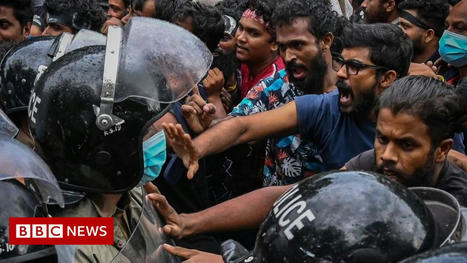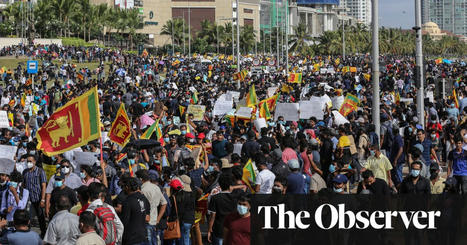Thanks to the World Bank-funded OMVS Transmission Expansion Project –OMVS= Senegal river basin development organization comprising Guinea, Mali, Mauritania, and Senegal--, a 225-kV power transmission infrastructure network has been built, connecting the power station in Kayes (Mali) to the one in Tambacounda (Senegal). The commissioning and start-up of this 285.3 km grid has reinforced electricity transport and trade between Senegal, Mali, and Mauritania, and sparked transformation in the region
Research and publish the best content.
Get Started for FREE
Sign up with Facebook Sign up with X
I don't have a Facebook or a X account
Already have an account: Login
A collection of articles relating to the 'international' elements of Economics and relating to IB, Pre-U and A-Level Economics.
Curated by
Graham Watson
 Your new post is loading... Your new post is loading...
 Your new post is loading... Your new post is loading...
|
|












This World Bank clip looks at the development of a massive electricity generating project in West Africa, with the building of an advanced electricity network spanning the region, linking a power station in Mali with one in Senegal. As a result, the region now has a reliable source of electricity and this is fostering development across the region.